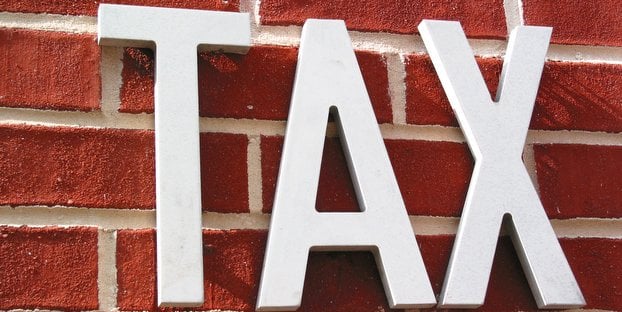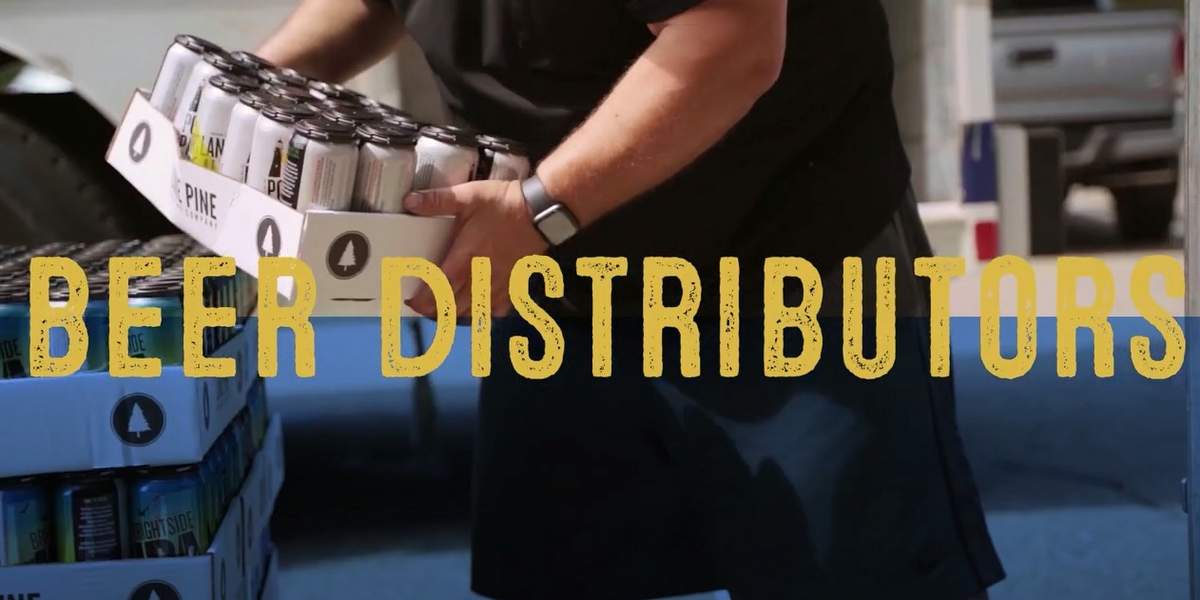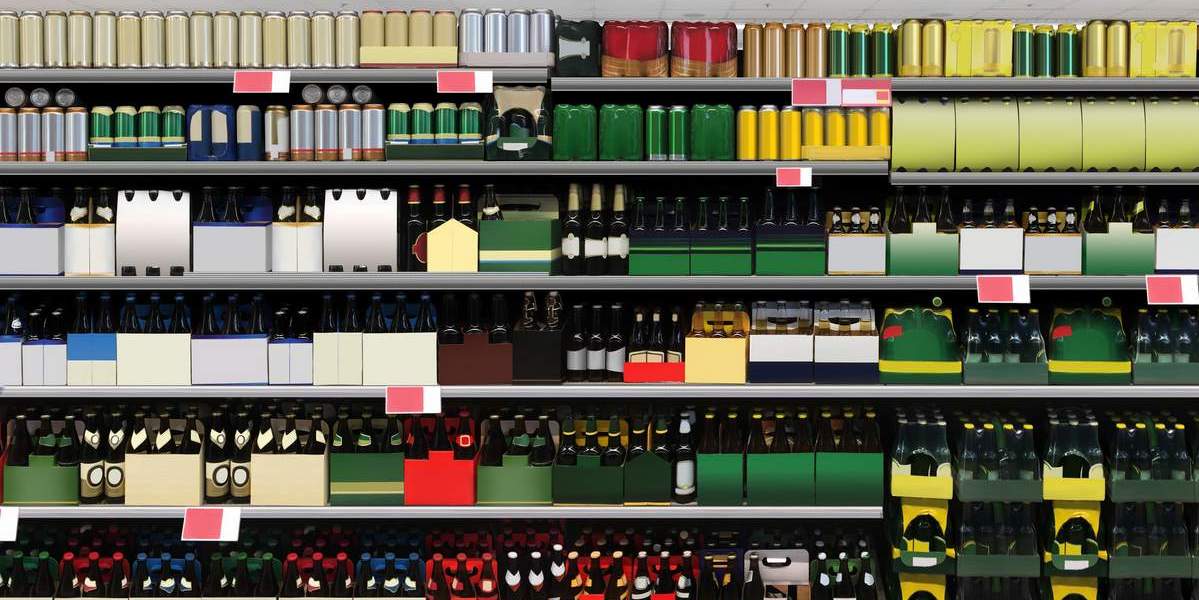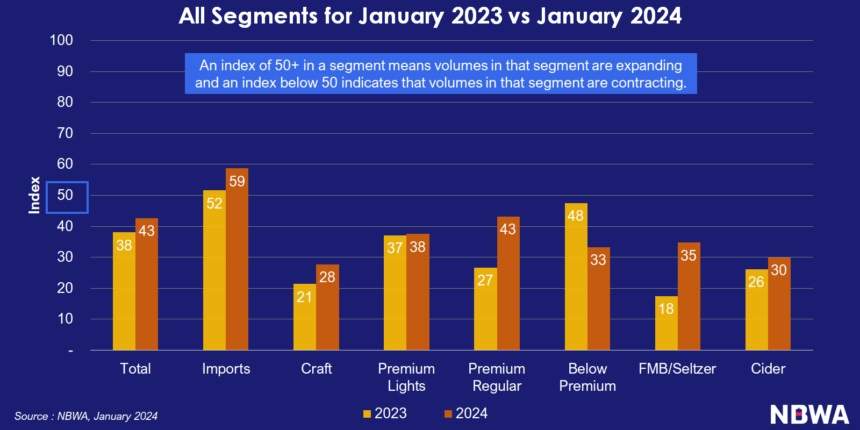
Yesterday was Tax Day for most Americans (like you didn’t know), but what you might not have known is that the National Beer Wholesalers Association (NBWA) decided to release a new report highlighting the current state-based alcohol regulatory structure and the three-tier distribution system’s role in effective tax collection and compliance.
The 2014 report, An Analysis of the Structure and Administration of State and Local Taxes on the Distribution and Sale of Beer, was conducted by KPMG LLP’s Washington National Tax Office. Originally published in 2009 and authored by KPMG Tax Managing Director (State and Local Tax) Harley Duncan, the new report provides an extensive overview of the beer industry and the various types of taxes that are collected, such as gallonage taxes, retail and special sales taxes and additional taxes some states place on beer. The report is based on independent research as well as interviews with tax administrators, state association executives and beer distributors in various states.
While the 2014 report notes a number of excise, sales and other tax rate changes enacted in various states in the past five years, it reaffirms that “the three-tier system of brewers, distributors and retailers enables tax and beverage control authorities to establish an effective system of third party reporting to monitor product flows through the system and to aid in tax compliance.”
“While there is much debate about the proper level of beer taxation, there is little attention paid to how beer taxes are currently collected or how to ensure that these high rates of beer tax compliance continues,” said NBWA President and Chief Executive Officer Craig Purser in this press release. “This report provides a valuable look at how the regulated, independent three-tier system for alcohol — which traces products from producer to distributor to retailer — contributes to the ease of collecting taxes by state governments.”
The report also explains:
Other features of the regulatory system governing the sale of alcoholic beverages, including the three-tier system of distribution, exclusive territories for beer wholesaling and various controls on the retailing of beer, significantly contribute to the administration of all types of taxes on beer. These regulations, taken together, create the opportunity to monitor the flow of alcoholic beverages in the state, provide state regulators and tax administrators with a limited number of points to tax and/or exercise control over the flow of alcoholic beverages, limit opportunities for contraband (i.e., untaxed) alcoholic beverages to enter the distribution chain and ensure compliance with the various tax systems. In particular, requirements that suppliers must sell only to licensed wholesalers and that retailers may purchase product only from certain licensed wholesalers is fundamental to ensuring compliance with beer taxes in an efficient manner. Without these controls, the level of resources necessary to achieve any given level of compliance would be substantially greater than at present.
For more information and to download copies of the KPMG reports, go visit www.nbwa.org/tax-collection.




Brewery Insurance Program liked this on Facebook.
New report notes beer distributors’ role in effective tax collection http://t.co/iyymZzAdJz via @craftbrewingbiz
@CraftBrewingBiz Thanks for spreading the word!
RT @CraftBrewingBiz: New report highlights beer distributors’ role in effective tax collection. Great info @NBWABeer http://t.co/xptPzteE6U
Nate Fochtman liked this on Facebook.
New report notes beer distributors’ role in effective tax collection http://t.co/3X3ycRCNSg
New report notes beer distributors’ role in effective tax collection http://t.co/Tp9E5jFqne